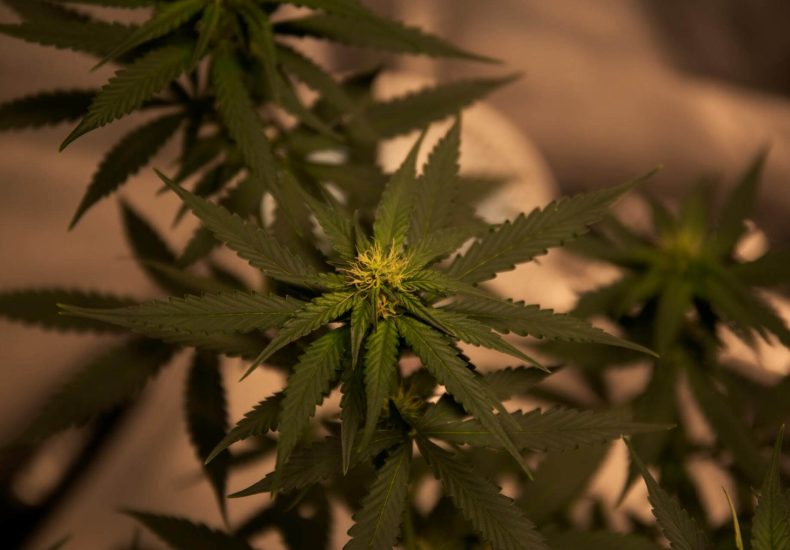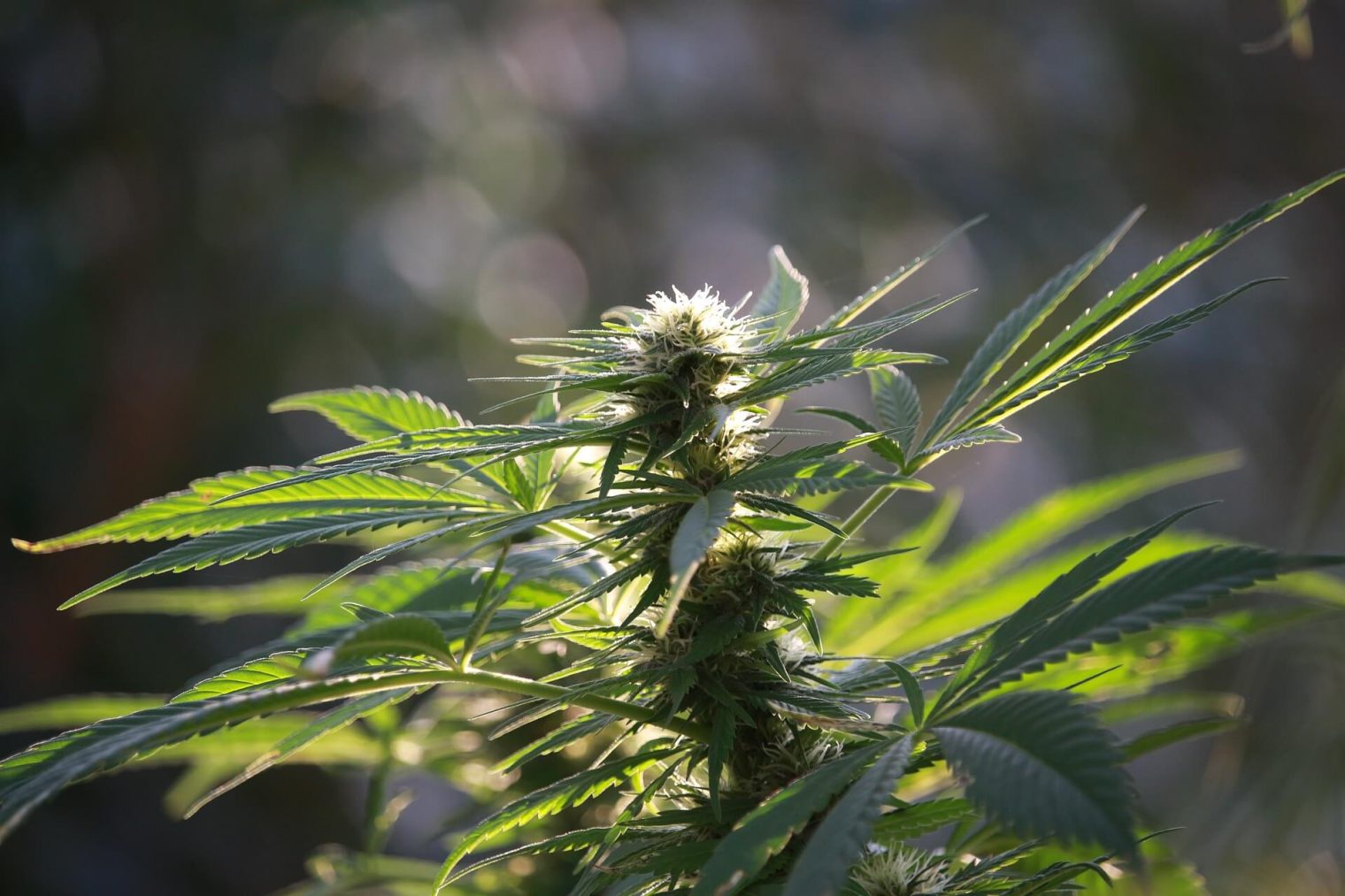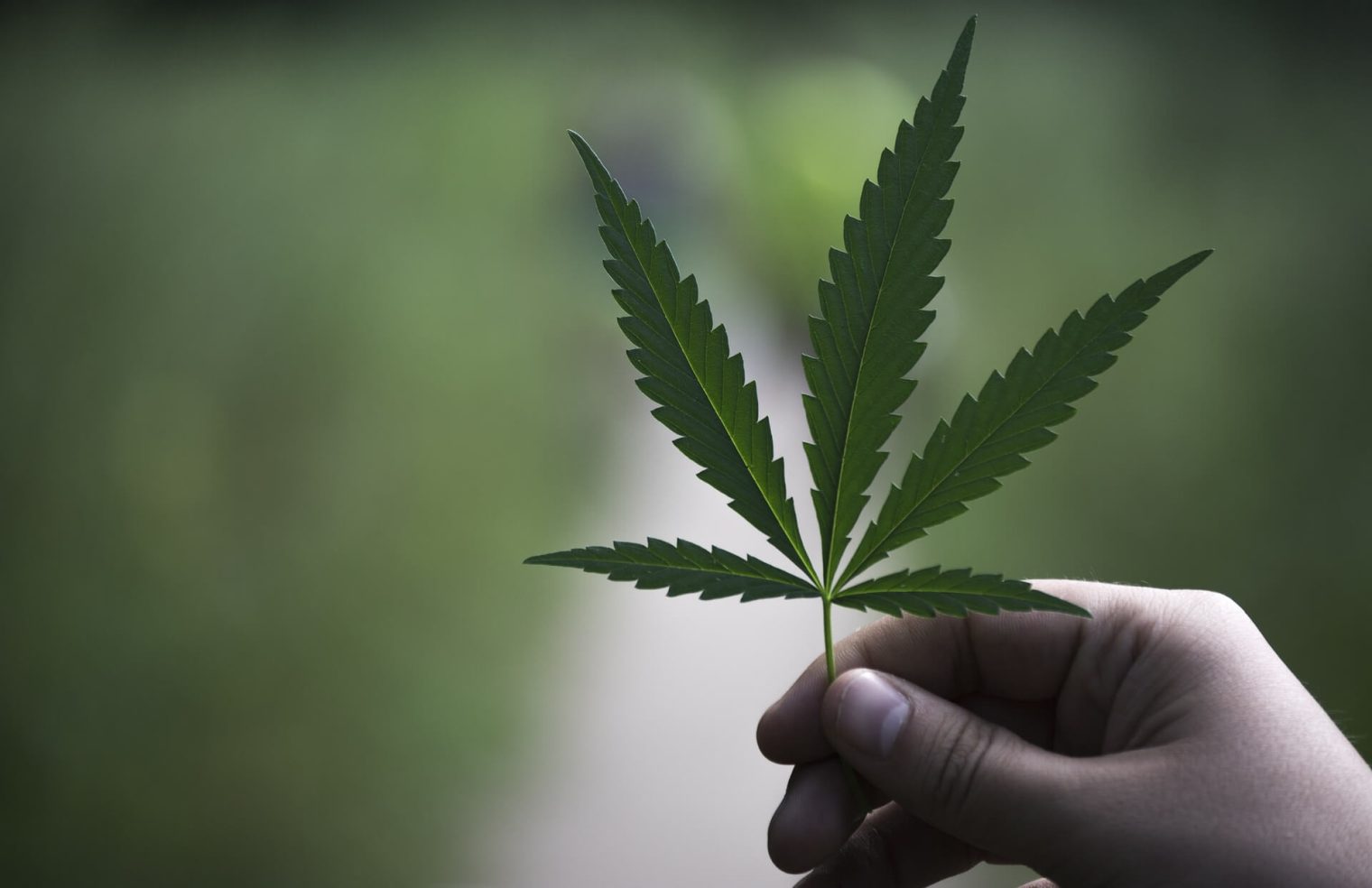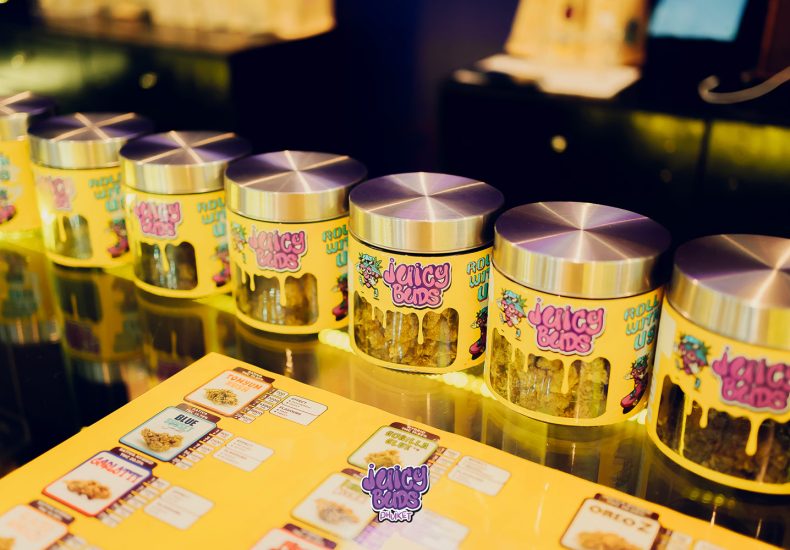 Cannabis
Cannabis
Table of Contents
Exploring hemp in Thailand is an interesting subject. Thailand is renowned for its rich cultural heritage and picturesque landscapes, However, it’s now making headlines for another reason: its burgeoning hemp industry. Hemp, a versatile plant with a myriad of uses, is experiencing a renaissance in Thailand.
In 2024, this Southeast Asian nation is positioning itself as a leader in the global hemp market. Whether you are an investor, a farmer, or a curious consumer, understanding the current state and future potential of hemp in Thailand is crucial. This cannabis blog delves into the historical context, regulatory landscape, economic impact, and future prospects of hemp in Thailand.

Historical Context of Hemp in Thailand
Hemp, scientifically known as Cannabis sativa, has a long-standing history in Thailand. Traditionally, it was used for medicinal purposes and as a material for making ropes and textiles. However, the global war on drugs in the 20th century led to the criminalization of cannabis, including hemp, despite its low THC (tetrahydrocannabinol) content which makes it non-psychoactive.
The legal landscape began to shift in the late 2010s, as the Thai government recognized the economic and medicinal benefits of hemp. By 2019, Thailand became the first Southeast Asian nation to legalize medical cannabis, setting the stage for the hemp industry to flourish.
Regulatory Landscape
In 2024, the regulatory framework governing hemp in Thailand is well-defined but dynamic. The Thai Food and Drug Administration (FDA) oversees the cultivation, processing, and distribution of hemp. Farmers and businesses must obtain licenses, which stipulate stringent quality control and testing procedures to ensure that THC levels remain below 0.2%. This regulation is in line with international standards, facilitating the export of Thai hemp products.
The government has also implemented policies to support small-scale farmers and encourage sustainable practices. Subsidies and training programs are available to assist farmers in transitioning to hemp cultivation. Moreover, the use of hemp in traditional medicine has been revitalized, with the Ministry of Public Health endorsing hemp-based remedies for various ailments.
Economic Impact of Hemp in Thailand
The economic impact of hemp in Thailand is multifaceted. The plant’s versatility means it can be used in various industries, from textiles and construction to food and wellness products. As a result, the hemp industry is creating jobs and generating income across different sectors.
Agriculture: Hemp cultivation is providing a lucrative alternative for farmers, especially in the northern regions of Thailand. The plant’s resilience and low water requirements make it an ideal crop for the Thai climate. Additionally, hemp’s deep roots help improve soil health, contributing to sustainable farming practices.
Manufacturing and Exports: Thailand is capitalizing on its expertise in agriculture and manufacturing to produce high-quality hemp products. Hemp fibers are being used to create textiles, bioplastics, and construction materials. The global demand for sustainable products is on the rise, and Thai hemp is gaining a reputation for its quality and eco-friendliness. In 2024, Thailand’s hemp exports are expected to contribute significantly to the national economy, with major markets including the United States, Europe, and China.
Health and Wellness: The health and wellness sector is perhaps the most exciting frontier for hemp in Thailand. Hemp-derived CBD (cannabidiol) products are gaining popularity for their potential health benefits, including pain relief, anxiety reduction, and anti-inflammatory properties. Thai companies are producing a range of CBD-infused products, from oils and tinctures to cosmetics and edibles. The domestic market is thriving, supported by a growing awareness of the benefits of CBD and the government’s endorsement of hemp in traditional medicine.
Challenges and Opportunities
While the future of hemp in Thailand looks promising, several challenges must be addressed to ensure sustainable growth.
Regulatory Hurdles: Navigating the regulatory environment can be complex, especially for small-scale farmers and new businesses. Continuous government support and clear guidelines are essential to prevent bureaucratic bottlenecks that could hinder growth.

Market Competition: As the global hemp market expands, Thailand faces competition from other hemp-producing countries. Maintaining high standards of quality and investing in research and development will be crucial to staying competitive. Thai businesses must also focus on branding and marketing to distinguish their products in the international marketplace.
Public Perception: Despite the legalization and promotion of hemp, there remains some stigma associated with cannabis in Thailand. Public education campaigns are necessary to inform citizens about the differences between hemp and psychoactive cannabis, emphasizing the benefits and safety of hemp products.
Investment and Innovation: To fully realize the potential of hemp in Thailand, investment in technology and innovation is critical. This includes developing new hemp-based products, improving cultivation techniques, and exploring the full spectrum of hemp’s applications. Collaboration between the government, private sector, and academic institutions can drive research and development, leading to breakthroughs that position Thailand as a global leader in the hemp industry.
Future Prospects
The future of hemp in Thailand is bright, with numerous opportunities for growth and innovation. The Thai government is committed to supporting the industry, recognizing its potential to boost the economy and promote sustainable development. In the coming years, we can expect to see increased investment in hemp research, more public-private partnerships, and the expansion of hemp cultivation across the country.
Moreover, Thailand’s strategic location and robust infrastructure make it an ideal hub for the hemp trade in Asia. The development of specialized industrial zones for hemp processing and manufacturing could further enhance Thailand’s position in the global market. Additionally, the integration of hemp into the tourism sector presents a unique opportunity. Hemp-themed wellness retreats, educational tours, and product showcases can attract tourists and create new revenue streams.
Thailand Hemp in 2024
Hemp in Thailand in 2024 represents a convergence of tradition, innovation, and economic opportunity. As the industry evolves, it holds the promise of revitalizing rural economies, promoting sustainable practices, and positioning Thailand as a leader in the global hemp market.
For those interested in the potential of hemp in Thailand, staying informed about regulatory changes, market trends, and technological advancements will be key to capitalizing on this burgeoning industry. Whether you are a local farmer, a global investor, or a health-conscious consumer, the story of hemp in Thailand is one worth watching.


